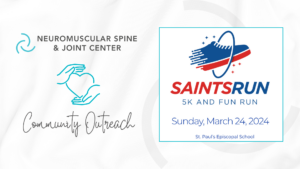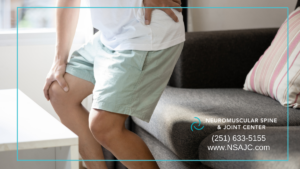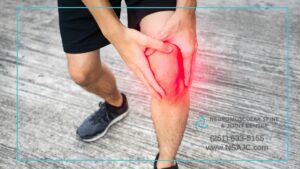Introduction
Opiates are medicines used to relieve moderate to severe pain. They may be used for a short time for pain, such as after surgery. Or they may be used for long-term pain. They don’t cure a health problem. But they help you manage the pain.
Opiates relieve pain by changing the way your body feels pain and the way you feel about pain.
Sometimes opiates are used for people who can’t take other pain medicines. They may be prescribed if you have heart, kidney, or liver problems. For instance, you may take an opiate instead of nonsteroidal anti-inflammatory drugs (NSAIDs). NSAIDs include ibuprofen (Advil, Motrin) and naproxen (Aleve).
Opiates are powerful medicines. You may need to take extra steps to stay safe.
Examples
Opiates or other medicines that contain them include:
- Codeine (Tylenol 3).
- Hydrocodone (Norco).
- Oxycodone (OxyContin, Percocet).
Safety tips
Taking too much (overdose) of an opiate can cause death. To avoid an overdose:
- Take your medicines exactly as prescribed. Call your doctor if you think you are having a problem with your medicine. You will get more details on the specific medicines your doctor prescribes.
- Do not break, crush, or chew a pill. Do not cut or tear a patch.
- Do not drink alcohol. Do not take recreational or illegal drugs.
- Do not drive or operate machinery until the medicine effects are gone. Wait until you can think clearly.
- Keep your medicine away from children and pets. Store it in a safe and secure place.
- Call your doctor if you miss a dose of your medicine and aren’t sure what to do. Do not double your dose.
- Check with your doctor or pharmacist before you use any other medicines. This includes over-the-counter medicines. Make sure your doctor knows all of the medicines, vitamins, herbal products, and supplements you take. Taking some medicines together can cause problems.
- Talk to your doctor about a naloxone rescue kit. A kit can help you, and even save your life, if you take too much of an opiate.
Side effects
Common side effects include:
- Constipation.
- Feeling dizzy or lightheaded. You may feel like you might faint.
- Feeling sleepy.
- Nausea or vomiting.
You may have other side effects or reactions. Check the information that comes with your medicine.
What to know about taking this medicine
- Your body gets used to opiates if you take them all the time. You could have withdrawal symptoms when you stop taking them. Symptoms include nausea, sweating, chills, diarrhea, anxiety, and shaking. But you can avoid these symptoms if you slowly stop taking the medicine as your doctor tells you to.
- You have a small chance of addiction if you take opiates as prescribed. Your risk is a bit higher if you have abused drugs in the past.
- Some opiates have acetaminophen in them. Check the labels on all the other medicines you take. This includes over-the-counter drugs. Many medicines have acetaminophen. Do not take others with acetaminophen in them unless your doctor has told you to. Taking too much acetaminophen can be harmful. Talk to your doctor or pharmacist if you have questions about this.
- Be sure you know how to safely get rid of any leftover medicine. Talk to your doctor or pharmacist about how to do this. Ask for written instructions.
When should you call for help?
Call 911 anytime you think you may need emergency care. For example, call if:
- You have symptoms of a severe allergic reaction. These may include:
- Sudden raised, red areas (hives) all over your body.
- Swelling of the throat, mouth, lips, or tongue.
- Trouble breathing.
- Passing out (losing consciousness). Or you may feel very lightheaded or suddenly feel weak, confused, or restless.
- You have signs of an overdose. These include:
- Cold, clammy skin.
- Confusion.
- Severe nervousness or restlessness.
- Severe dizziness, drowsiness, or weakness.
- Slow breathing.
- Seizures.
Call your doctor now or seek immediate medical care if:
- You have symptoms of an allergic reaction, such as:
- A rash or hives (raised, red areas on the skin).
- Itching.
- Swelling.
- Belly pain, nausea, or vomiting.
Watch closely for changes in your health, and be sure to contact your doctor if:
- Your medicine is not helping with the pain.
- You are having side effects, such as constipation.
Care instructions adapted under license by Neuromuscular Spine & Joint Center. This care instruction is for use with your licensed healthcare professional. If you have questions about a medical condition or this instruction, always ask your healthcare professional. Kopp Medical LLC, DBA Neurmomuscular Spine & Joint Center disclaims any warranty or liability for your use of this information.





